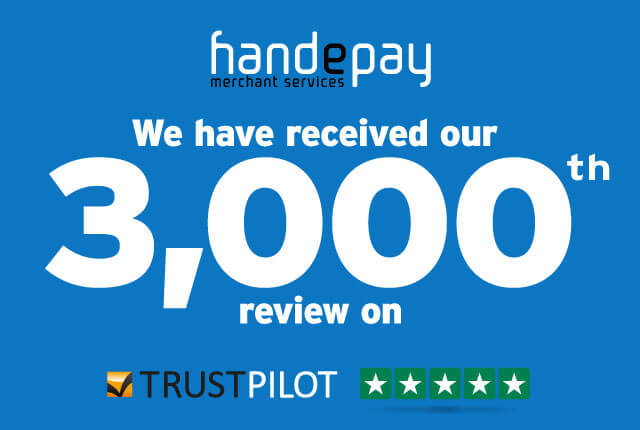Credit and debit surcharge ban: is your business affected?
As of January 13th, all UK retailers are banned from charging customers for paying by card.
Previously, businesses were allowed to add surcharges to debit and credit card transactions, reflecting the fee that they will face for processing the payment. However, after consumers faced larger than expected fees, new regulations were devised.
The surcharge ban means that businesses are no longer allowed to add charges onto payments made on consumer credit and debit cards issued within the EU. While a positive move for shoppers, the new rules are causing some retailers financial worries.
Why do businesses add surcharges for paying by card?
For every card transaction a business accepts, they incur a fee, due to the complicated chain of events that take place between the card terminal and the customer’s card issuer. These fees include authorisation fees, charges for premium cards and fees such as CNP (cardholder not present) charges, if accepting the payment over the phone or by post.
A percentage of every transaction is deducted to pay these fees, depending on individual card terminal provider’s charges. This can decrease profit margins, leaving some retailers feeling short changed.
Card payment surcharges can still be added in some circumstances, as not all cards are affected by the ban. Surcharges can still be applied to business and commercial cards, and for cards issued outside the EU.
To combat this, some retailers chose to add surcharges to transactions carried out by card. Before 2013, some were using this as a way to boost profits, by introducing charges that didn’t reflect the costs they were facing. The current regulation was introduced to limit the amount businesses could charge.
Why can’t retailers just accept cash?
Paying by card has become increasingly commonplace over the past few years, with debit cards overtaking cash as the most popular payment method for the first time ever last year.
This was thought to be spurred on by the adoption of contactless payments. UK shoppers like the quick and hassle-free way to pay, with usage expected to increase by 300% over the next four years. In fact, the UK was recently ranked as the third most cashless society in the world.
Many people now choose to forgo carrying cash altogether in favour of cards or smartphone payment apps. This means that accepting card payments is now essential for businesses of all sizes, as those who choose not to accept cards risk losing out on sales.
Why are independent businesses worried about the ban?
Some independent businesses are concerned that they will suffer financial hardships thanks to the card surcharge ban. Whilst they have been allowed to add surcharges, they’ve been able to keep prices low and offset the fees that they face.
However, they are now faced with a difficult decision to either raise their prices or absorb the costs themselves.
Retailers could risk lower sales numbers if they raise their prices, as customers may not be prepared to pay more for the same products. Alternatively, by keeping prices the same and absorbing the costs themselves, businesses could see a dip in profits.
If they choose to keep prices the same, business owners need to analyse their outgoings to see if they could earn this money back elsewhere.
What can my small business do to save money?
Depending on your card terminal provider, you could be paying higher than necessary fees on every card transaction you process. Some providers aren’t clear on the fees they charge, meaning that customers could be paying over the odds without knowing it.
Our director, Mark Latham, thinks that it’s essential that business owners take the time to understand their card terminal costs.
“When it comes to card processing costs, savvy retailers should take the time to shop around to see if they could be getting a better deal elsewhere.
Factors to think about include finding a provider that doesn’t add crafty fees onto your monthly bill. You need to find a provider that has a transparent pricing structure in place and offers the services, support and equipment that’s right for your company.
Common extra charges to look out for include authorisation fees and joining fees. Some merchant services providers charge their customers for either PCI DSS compliance or non-compliance. Premiums can also be added to certain types of transaction, such as ‘card not present’ payments.”
At Handepay, we’re dedicated to helping independent businesses grow. With our simple and transparent pricing plans, we allow you to accept card payments as cost-effectively as possible. What’s more, we’re so confident in our pricing that we put our money where our mouth is. Take the Handepay Price Challenge today, and if we can’t save you money we’ll give you £1,000!
Would you like
a callback?
FIND OUT MORE
Talk to an advisor today...











